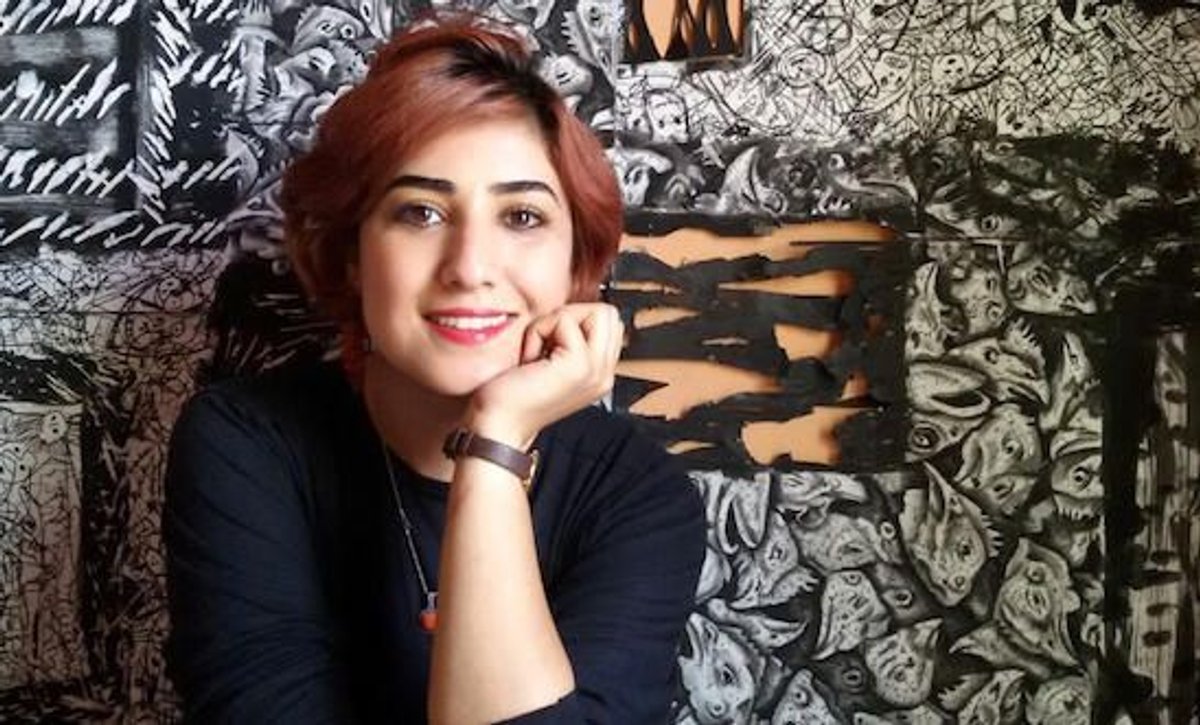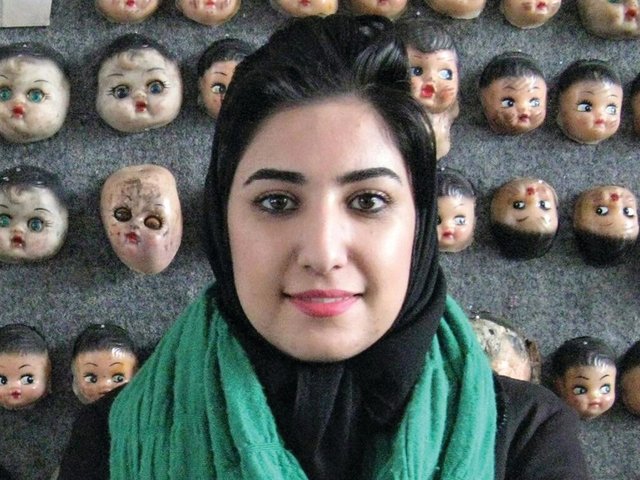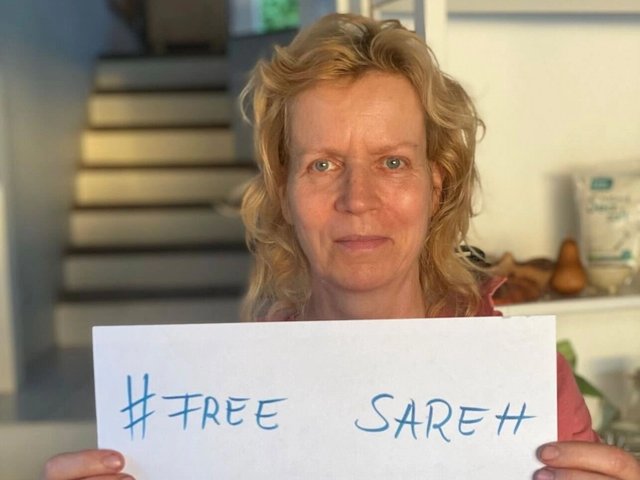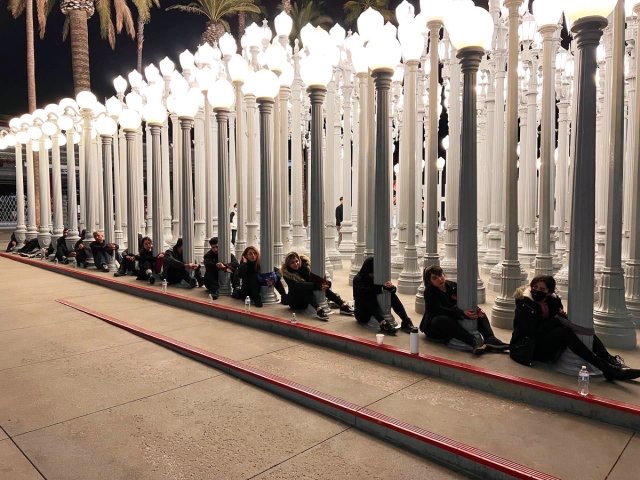The Iranian artist and activist Atena Farghadani has been sentenced to six years in prison in her home country, a move condemned by human rights organisations. In April, Farghadani was arrested by intelligence agents from the Iranian Revolutionary Guard armed forces after attempting to display one of her drawings on the Pasteur Avenue wall in Tehran where the presidential palace is located.
Her sentence was confirmed by her lawyer, Mohammad Moghimi, who posted on X (10 June): “My client was sentenced to six years in prison by Branch 26 [of the court] on the charges of insulting holy [elements] and preaching against the regime. Under the pretext of multiple crimes, this show court has delivered the harshest punishment in [relation to] the two mentioned charges.”
موکلم #آتنا_فرقدانی از سوی شعبه ۲۶ #دادگاه_نمایشی_انقلاب به اتهامات توهین به مقدسات و تبلیغ علیه نظام به ترتیب ۵ و ۱ سال حبس محکوم و امروز ۲۱ خرداد حکم به وی ابلاغ شده است. این دادگاه نمایشی به بهانه تعدد جرایم، اشد مجازات را در دو اتهام یادشده در نظر گرفته است. pic.twitter.com/lIEchWXF0S
— Mohammad Moghimi (@Moghimi_Lawyer) June 10, 2024
The Index on Censorship organisation says in an online statement: “We are dismayed to learn that the Iranian activist, artist and cartoonist Atena Farghadani has been sentenced to a total of six years in prison… the maximum penalties are indicative of the Iranian regime’s long-standing determination to persecute and silence this courageous rights defender.” Index on Censorship is calling for Farghadani’s immediate release along with other organisations such as Freemuse and Cartooning for Peace.
According to the human rights group Artists at Risk Connection (ARC) and PEN America, “Farghadani was initially taken [after her arrest] to a so-called safe house run by the Revolutionary Guard and was severely beaten. She became unconscious after being struck several times on her nose and head.” On 14 April, she faced a hearing at Tehran’s Evin court on two charges including spreading “propaganda against the state”. She was then reportedly transferred to Qarchak Prison in Varamin, near Tehran.
According to Moghimi, in May Farghadani refused to “attend her trial at Branch 26 of the Revolutionary Court, citing the court's illegality and the lack of observance of justice and fair trial principles in the prosecution of political defendants”. ARC remains “concerned about her safety while in detention, given the abuse she has already suffered”. The Iranian embassy in London was contacted for comment.
In 2015 a court in Tehran sentenced Farghadani to 12 years and nine months in prison for criticising the government and “spreading propaganda against the system”. Farghadani had depicted Iranian parliamentarians as monkeys and goats in protest at plans to introduce two separate bills, which were due to restrict access to contraception. She was released May 2016 following a successful appeal.






